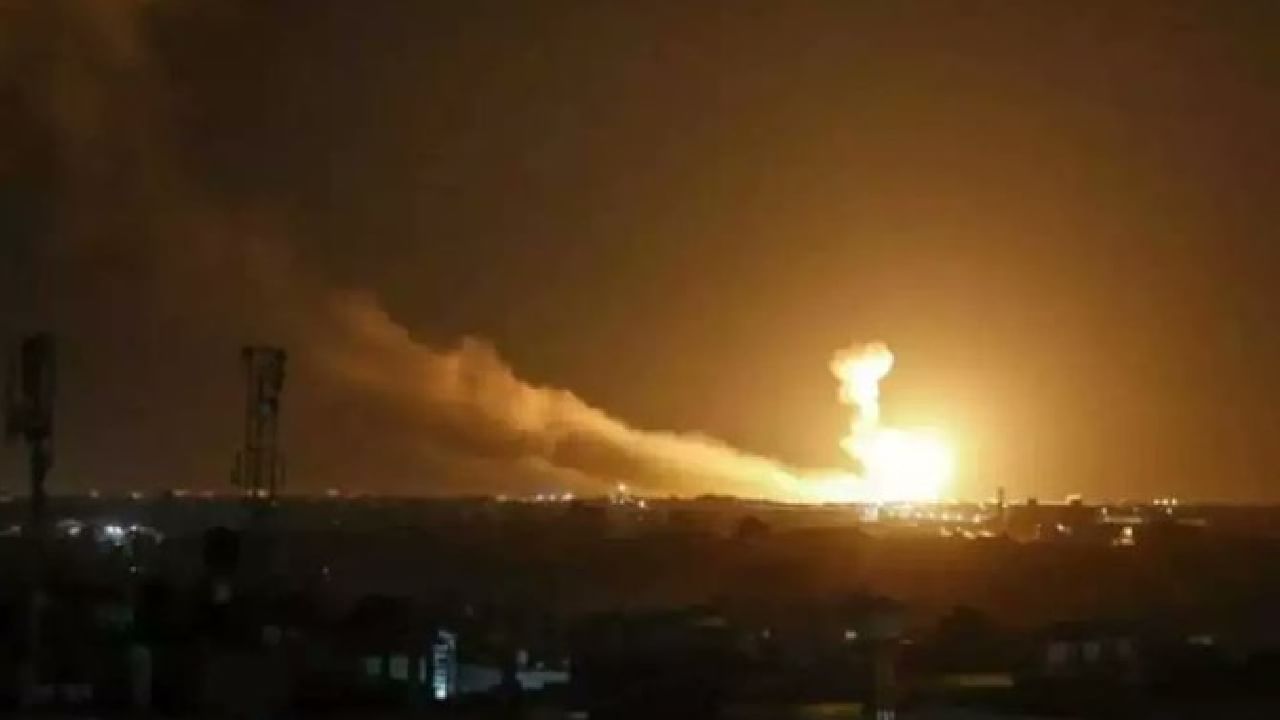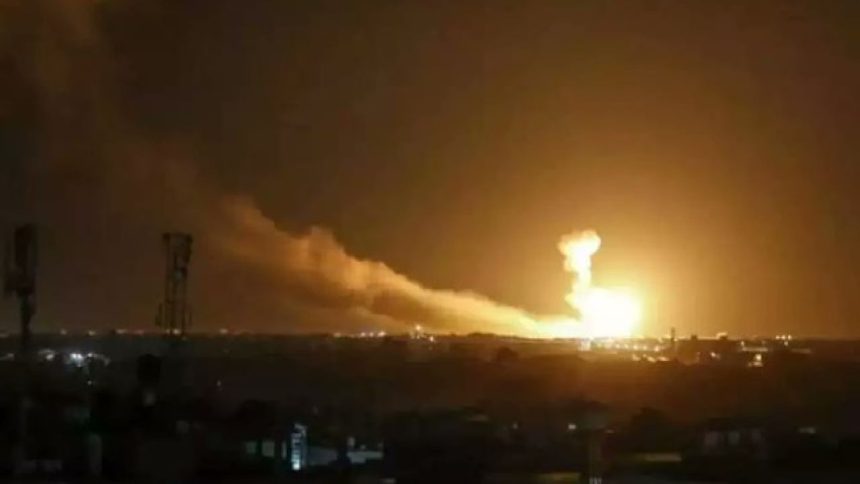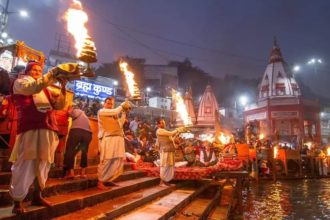
New Delhi: The military battle between India and Pakistan has gained ferocity markedly after India conducted crushing retaliatory attacks under Operation Sindhur. As Pakistan initiated counter-attacks with suicide drone attacks and artillery bombardment in border areas, officials issued crucial safety advisories to citizens, especially vulnerable areas.
Military Strikes and Growing Hostilities
The tension escalated further after India’s pinpoint strikes targeted nine terror camps in Pakistan-occupied Kashmir (PoK) following the recent terror attack at Pahalgam. India’s army has shot down several Pakistani fighter aircraft, including F-16s and Chinese JF-17s, and targeted strategic points around Islamabad, according to reports. Pakistan has resorted to a greater escalation of artillery shelling on Indian border towns, especially Pathankot in Punjab, and used suicide drones in Jammu and Kashmir in retaliation.
The condition has resulted in emergency actions, such as large-scale power outages in border areas like Bhuj (Gujarat), Amritsar, Jalandhar (Punjab), and Kishtwar (Jammu). Sirens have been sounded in several areas, with the government advising people to stay indoors. Chandigarh is on high alert, with security personnel discouraging unnecessary travel.
Critical Safety Measures for Civilians
With the heightening of the conflict, civilians have to be extremely careful and follow official instructions. Officials have cautioned against divulging confidential information on social media platforms, such as information about power disruptions, troop movements, or security operations. Such revelations could end up benefitting enemy forces unintentionally. Further, spreading groundless rumors or outdated war photos tends to fuel unnecessary fear and slow down emergency responses.
Citizens in areas of conflict should steer clear of populous public areas, which would be potential targets, and not capture military operations, as this is illegal and also extremely dangerous. Social harmony and abstention from vigilante acts are as important during this time of turbulence.
Key Measures to Provide Security
The government has requested citizens to be dependent only on authentic information provided by official channels like the Press Information Bureau (PIB), National Disaster Management Authority (NDMA), and local authorities. It is strongly advised to make an emergency kit with water, non-perishable food items, medicines, and vital documents.
Identifying safe shelters, like bunkers or safe buildings, is crucial for those in danger zones. Particular care must be taken to safeguard vulnerable sections of society, including the elderly, children, and the disabled, to protect them. Most importantly, staying calm and cooperating in every way with security personnel and local authorities is essential.
Key Contacts:
National Emergency Helpline: 112
NDMA Disaster Alert: 1078
Local Police Control Room: 100










